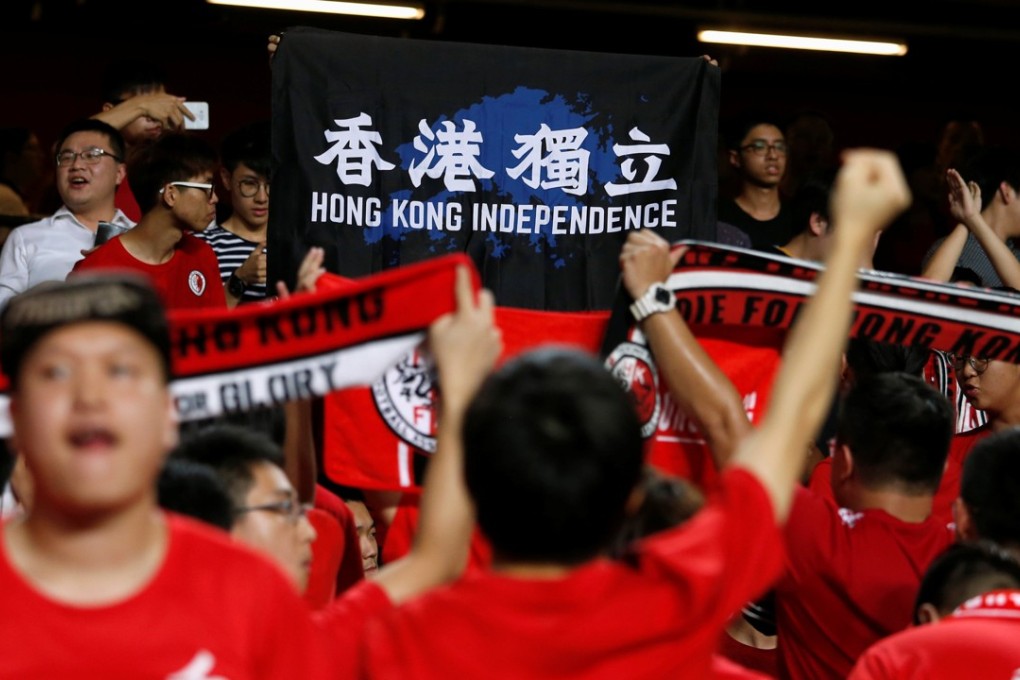Advertisement
Why applying the national anthem law retroactively would undermine Hong Kong’s rule of law
Cliff Buddle says any such move is prohibited by the International Covenant on Civil and Political Rights, which applies to the city through the Basic Law. In a city that treasures the rule of law, no one should be punished for breaching a law before it has been passed
Reading Time:3 minutes
Why you can trust SCMP

Hong Kong officials have frequently reminded us of the importance of obeying the law, since the Occupy civil disobedience movement saw thousands take to the streets three years ago. The city has long enjoyed a reputation for being a lawful and orderly part of the world. It is not surprising that the only duty imposed on Hong Kong people by the Basic Law, the city’s de facto constitution, is to obey the law.
But if we are to regulate our behaviour according to the law, we need to know what the law says. And that is not possible if the law in question has not yet been passed. Recent suggestions that a forthcoming law which will make it a crime to disrespect China’s national anthem might operate retroactively are, therefore, a matter of concern.
China’s law on the national anthem is expected to be applied to Hong Kong by the National People’s Congress Standing Committee this weekend. But it will not have legal effect in the city until a law has been passed by Hong Kong’s legislature. Time will be needed for the legislative process to take its course.
Given the disgraceful booing at Hong Kong football matches, we can’t wait any longer for a national anthem law
For some, the law cannot come quickly enough. Hong Kong football fans began booing the national anthem at matches around the time of the Occupy protests. At a recent match at Hong Kong Stadium, some fans not only booed but turned their backs to the pitch and held up pro-independence banners.
Advertisement
This may be offensive and disrespectful. It may lead to the Hong Kong Football Association being fined by Fifa, the sport’s governing body. But it is not a crime. Under Hong Kong’s existing laws, this is a lawful form of expressing discontent.
Don’t boo Chinese national anthem, Hong Kong football authority begs fans
Rao Geping, a law professor at Peking University and adviser to the NPC Standing Committee, has suggested Hong Kong officials keep a register of people who boo the national anthem with a view to punishing them once the new law is in place.
Advertisement
Advertisement
Select Voice
Choose your listening speed
Get through articles 2x faster
1.25x
250 WPM
Slow
Average
Fast
1.25x